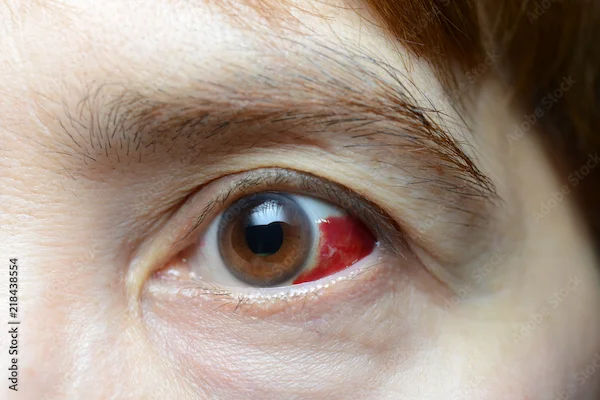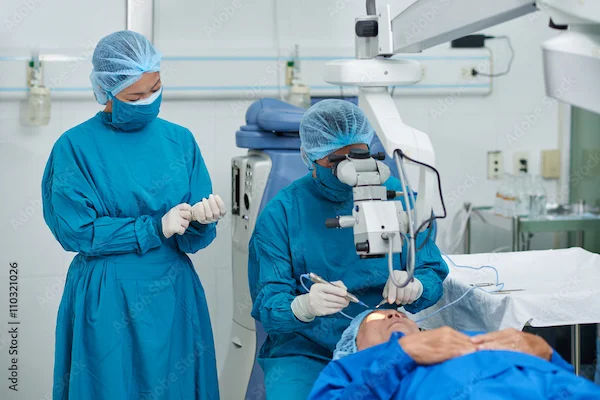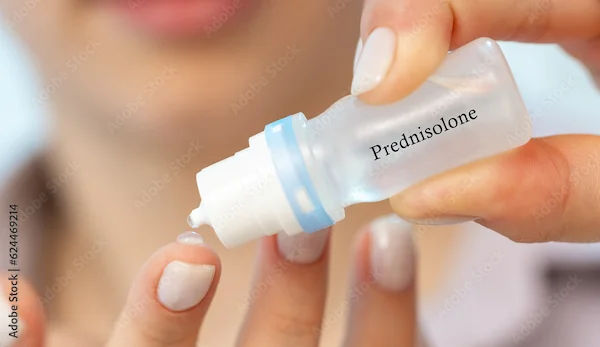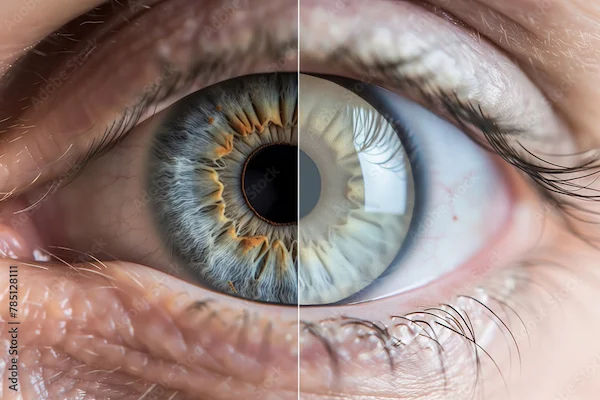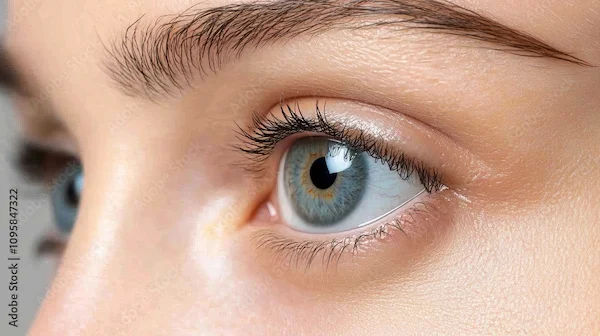Questions To Ask After Cataract Surgery
Wondering what to ask after cataract surgery? Get expert-approved questions to discuss with your doctor for a smooth, safe recovery and long-term eye health.

Written by Dr.Sonia Bhatt
Last updated on 15th Jul, 2025
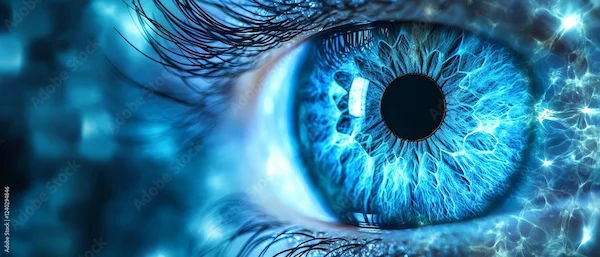
Introduction
Cataract surgery is a common and generally safe procedure that helps restore clear vision by replacing the cloudy lens in your eye with an artificial one. While the surgery is highly successful, it’s natural to have questions afterward about recovery, vision changes, and long-term care. Knowing what to ask your doctor can help you feel more confident and ensure a smooth healing process.
Consult Top Specialists for Personalised Eye Health Advice
Here’s a helpful guide to the most important questions you should ask after cataract surgery.
1. What Should I Expect Immediately After Surgery?
After cataract surgery, your vision may be blurry at first, and your eye might feel slightly irritated or sensitive to light. It’s important to ask:
How long will the blurriness last?
Is some discomfort normal?
When can I resume basic activities like watching TV or reading?
Your doctor will likely advise you to rest for the first few hours and avoid rubbing your eye.
2. How Should I Care for My Eye After Surgery?
Proper post-operative care is crucial for healing. Ask your doctor:
How often should I use the prescribed eye drops?
Should I avoid any specific activities like bending over or lifting heavy objects?
When can I wash my face or take a shower?
Do I need to wear an eye shield at night?
Following these instructions helps prevent infections and complications.
3. What Are the Warning Signs of Complications?
While complications are rare, it’s important to recognise any unusual symptoms early. Ask:
What signs of infection—severe pain, redness, or vision loss—should I watch for?
When should I seek emergency care?
Is some floaters or mild glare normal?
Most patients recover without issues, but knowing when to call your doctor can prevent serious problems.
4. When Will My Vision Fully Stabilise?
Your vision may take a few days to weeks to fully adjust. Ask:
How long until my vision is clear?
Will I still need glasses for reading or distance?
What if my vision doesn’t improve as expected?
Some patients still need glasses for certain tasks, depending on the type of lens implanted.
5. When Can I Resume Normal Activities?
You’ll want to know when it’s safe to return to daily routines. Ask:
When can I drive again?
Can I exercise or swim?
When can I return to work?
Most people can resume light activities within a day or two but should avoid strenuous exercise for a few weeks.
6. Will I Need Follow-Up Appointments?
Regular check-ups ensure proper healing. Ask:
How often do I need follow-up visits?
What tests will be done at these appointments?
When is the final assessment of my vision expected?
Follow-up visits help your doctor monitor progress and address any concerns.
7. What Lifestyle Changes Should I Make?
To protect your eyes and maintain good vision, ask:
Should I wear sunglasses outdoors?
Are there any dietary changes that help eye health?
How can I prevent future cataracts in the other eye?
Eating a balanced diet rich in vitamins and wearing UV-protective sunglasses can help maintain eye health.
8. What If I Have Other Eye Conditions?
If you have conditions like glaucoma or diabetes, ask:
Will cataract surgery affect my other eye conditions?
Do I need to adjust my current medications?
Should I see another specialist for additional care?
Your doctor can guide you on managing multiple eye conditions effectively.
Final Thoughts
Cataract surgery is a life-changing procedure that restores clear vision for millions of people. By asking the right questions, you can ensure a smooth recovery and enjoy the best possible results.
If you have concerns after surgery or need expert advice, Apollo 24|7 makes it easy to consult with top eye specialists. You can book an appointment or schedule a follow-up test with just a few clicks.
Consult Top Eye Specialists
Consult Top Specialists for Personalised Eye Health Advice

Dr Rajesh Rastogi
Ophthalmologist
33 Years • MBBS, MS Ophthalmology
New Delhi
Rotary Diabetic Centre, New Delhi
Dr. S Venkateswaran
Ophthalmologist
35 Years • MBBS, PGD (OPTHALMOLOGY)
Tiruvannamalai
Shiva Eye And General Hospital, Tiruvannamalai
Dr. V.chittibabu
Ophthalmologist
30 Years • MBBS, MS
Vellore
Krupa Eye Clinic, Vellore

Dr. Sneha T Khurana
Ophthalmologist
9 Years • MBBS, MS Ophthalmology
Gurugram
GS multispeciality clinic, Gurugram
Dr. Harshavardhan Reddy
Ophthalmologist
3 Years • MBBS , MS (Ophthalmology)
Hyderabad
Ram Dev Rao Hospital, Hyderabad
Consult Top Eye Specialists

Dr Rajesh Rastogi
Ophthalmologist
33 Years • MBBS, MS Ophthalmology
New Delhi
Rotary Diabetic Centre, New Delhi
Dr. S Venkateswaran
Ophthalmologist
35 Years • MBBS, PGD (OPTHALMOLOGY)
Tiruvannamalai
Shiva Eye And General Hospital, Tiruvannamalai
Dr. V.chittibabu
Ophthalmologist
30 Years • MBBS, MS
Vellore
Krupa Eye Clinic, Vellore

Dr. Sneha T Khurana
Ophthalmologist
9 Years • MBBS, MS Ophthalmology
Gurugram
GS multispeciality clinic, Gurugram
Dr. Harshavardhan Reddy
Ophthalmologist
3 Years • MBBS , MS (Ophthalmology)
Hyderabad
Ram Dev Rao Hospital, Hyderabad
